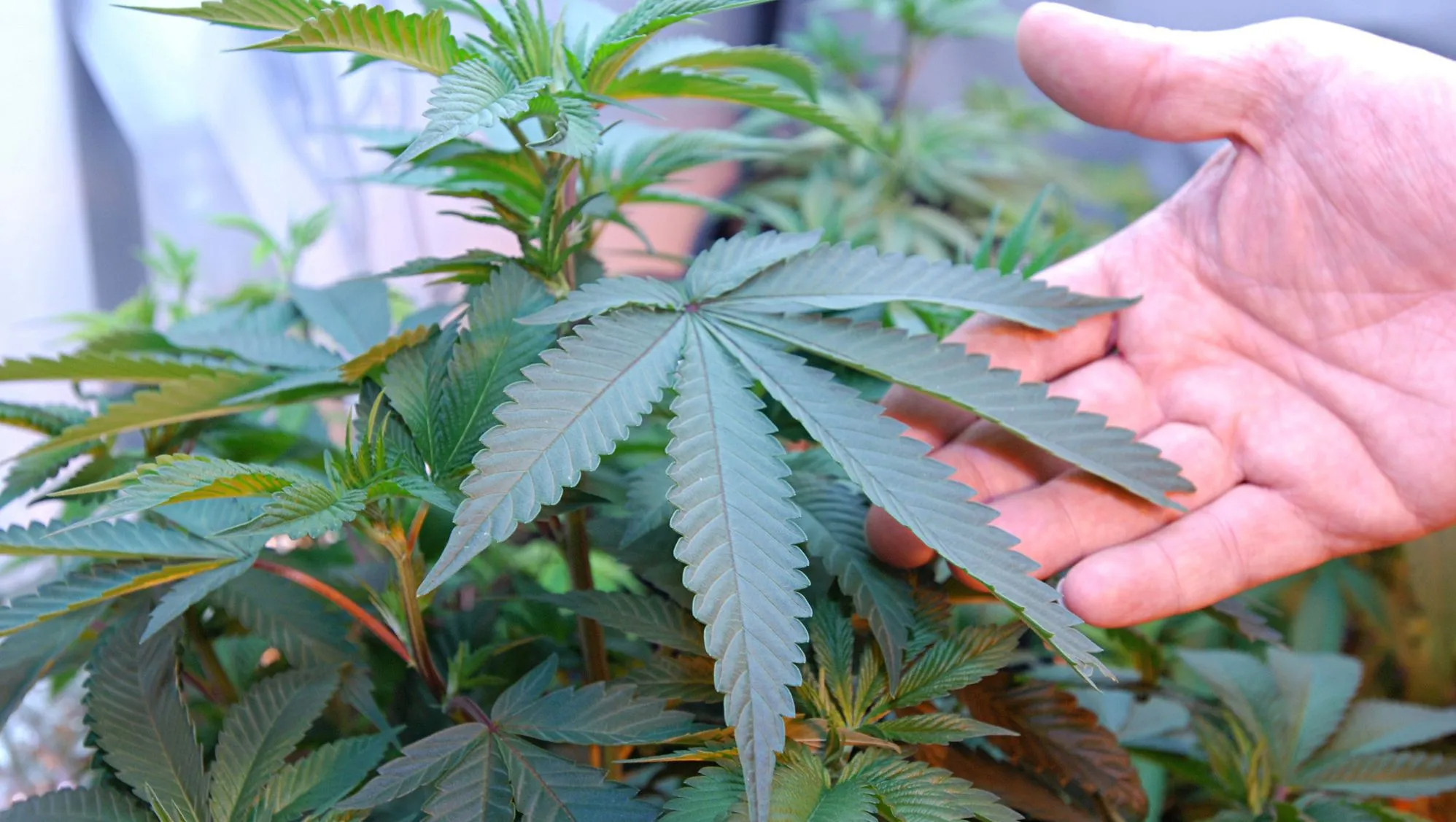Arizona Cannabis: Proposed Regulations Are Here!

This post will discuss some of the licensing and operational issues for adult use
Article By: Ethan Minkin
On December 11, 2020, the Arizona Department of Health Services (the “Department”) released proposed regulations for adult use marijuana. Click HERE to review the proposed regulations. This post will discuss some of the licensing and operational issues for adult use marijuana establishments. Overall, we like what we are seeing so far.
Before diving in, it is important to note that the Department will accept comments HERE to the proposed regulations for a very short period– until December 17, 2020. The Department has created an online portal to submit comments and questions. Also, the Department will hold a public meeting to discuss the proposed regulations at 10 am (MST) on December 17, 2020. The call-in and related information can be found HERE.
Without further ado, here is a breakdown of the proposed regulation by topic.
Fees and Proof of Funds
Before discussing some of the licensing requirements, the new regulations have various financial requirements to procure an adult use license. The initial licensing fee for an adult use establishment will be $25,000, with a license renewal fee of $5,000. A.A.C. §§ R9-18-102(4)(a) & (b). Moreover, a proposed licensee will likewise need to provide evidence that it has $500,000 in funds available. A.A.C. § R9-18-303(A)(6).
Individual Registration Requirements
As discussed on our prior post (click HERE), certain individuals who are either “principal officers” or “board members” will need to be registered with the Department. The approval process is part of the registration process for “marijuana facility agents”. Facility agents include principal officers, board members, and employees and volunteers at a marijuana establishment. In terms of “principal officers”, the Department defines who these individuals are by entity type. A.A.C. § R9-18-301. For example, if a corporation will be the licensee, then two individuals who are officers of the corporation will be considered “principal officers”.
Likewise, the proposed regulations provide guidance on who board members are by entity type. In addition to those listed in the bylaws as board members for a corporation, the officers of the corporation are also considered board members. A.A.C. § R9-18-301(B)(1). To qualify as a “facility agent”, such individuals must have an Arizona driver’s license, an Arizona identification card or some form of approved identification, most of which must have been issued on or after October 1, 1996. A.A.C. § R9-18-201(2). So, it appears that only Arizona residents can be a facility agent.
License Allocation Process and Preferences
The Department has also proposed a license allocation process if it receives more applications than allotted under Proposition 207 (which is now Arizona law) for “early applicants”. The early application period will run from January 19, 2020 until March 9, 2021. During that time, only certain entities can apply for a license. For example, an entity that already holds a medical marijuana license will be allowed to apply for an adult use license. For any entity that improperly applies during the early applicant period, the Department will return the application and the application fee. A.A.C. § R9-18-302(C).
License Application Process
The first step in the application process will be to apply for an initial marijuana establishment license. A.A.C. § R9-18-303. The proposed regulations provide a fairly detailed list of what an entity will need to submit as part of this application process. For example, the Department will require a statement signed by a representative of the local jurisdiction where the entity will operate – the representative will need to certify that the proposed marijuana establishment complies with any local zoning restrictions. A.A.C. § R9-18-303(A)(4). If the proposed licensee is a publicly traded company, then the proposed licensee must disclose for each principal officer or board member who is entitled to more than 10% of the profits the name, residence, address and date of birth of birth of each such principal or board member. A.A.C. § R9-18-303(A)(1)(f). For someone who is just an owner and has no other role or position with a licensee, it appears that except as noted above, there will be no approval or disclosure requirements for such owners.
Operational Permitting
Once an entity has been issued an initial marijuana establishment license, it may then apply to operate a marijuana establishment. A.A.C. § R9-18-304. To do so, the establishment must submit certain information to the Department. Among other things, if the dispensary will sell edible products, it must submit a copy of its food establishment license or permit. A.A.C. § R9-18-304(4). Moreover, a floor plan drawn to scale must also be submitted, which includes – (a) layout and dimensions of each room, (b) name and function of each room, (c) location of each hand washing sink, (d) location of each toilet room, (e) means of egress, (f) location of each video camera, (g) location of each panic button, and (h) location of natural and artificial lighting sources. A.A.C. § R9-18-304(6).
Operational Rules
The Department likewise submitted proposed regulations for the administration and operations of a marijuana establishment. A.A.C. § R9-18-308. An establishment must be open at least 30 hours per week between the hours of 7:00 a.m. and 10:00 p.m. A.A.C. § R9-18-308(A)(1)(a). The Department also requires certain policies and procedures to be in place, which include policies on job descriptions and inventory control. A.A.C. § R9-18-308(A)(2). These policies must also be available at the establishment’s retail location and must be reviewed and updated (if necessary) everything 12 months. A.A.C. §§ R9-18-308(A)(3) & (4). The Department also requires assurances that certain regulations are being enforced. For example, the establishment must ensure that principal officers, board members, employees and volunteers maintain a valid marijuana agent registration with the Department. A.A.C. § R9-18-308(A)(5).
Security Requirements
The proposed regulations also provide very detailed security requirements. A.A.C. § R9-18-312. One of the many security requirements include certain policies and procedures (a) that restrict access to the areas of the marijuana establishment that contain marijuana or marijuana products and, if applicable, the marijuana establishment’s cultivation site or manufacturing site to authorized individuals only; (b) that provide for the identification of authorized individuals; (c) that prevent loitering; (d) for conducting electronic monitoring; and (e) for the use of a panic button. A.A.C. § R9-18-312(H)(2). Electronic monitoring will also be required, and the Department provided very precise requirements. For example, a dispensary must have at least one 19-inch or greater call-up monitor and there must be a video camera at east point of sale location. A.A.C. §§ R9-18-312(H)(1)(c)(i) & (iv).
Topics Not Yet Addressed
So what is not yet covered in the rules? Well, the proposed regulations do not cover testing facilities – apparently the Department will release those proposed rules sometime in the future. Likewise, the proposed regulations do not discuss the new Social Equity Opportunity Program (“SEOP”), whereby the Department will issue an additional 26 adult use license. We expect testing facility and SEOP regulations to be released in the coming months.
Conclusion
In summary, it would behoove anyone interested in the Arizona cannabis industry to closely review the proposed regulations. While final regulations will be issued, we tend to doubt that they will undergo significant changes. The cannabis industry is heavily regulated and thus understanding the cannabis laws and regulations is paramount for anyone interested in opening and operating a marijuana establishment. Please reach out to us with any questions.
Source: Canna Law Blog




































